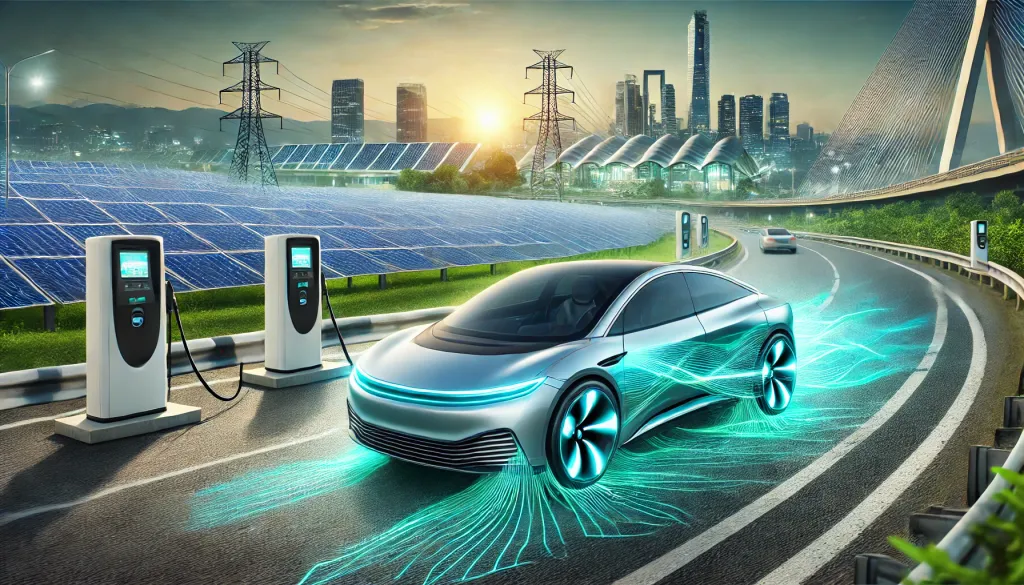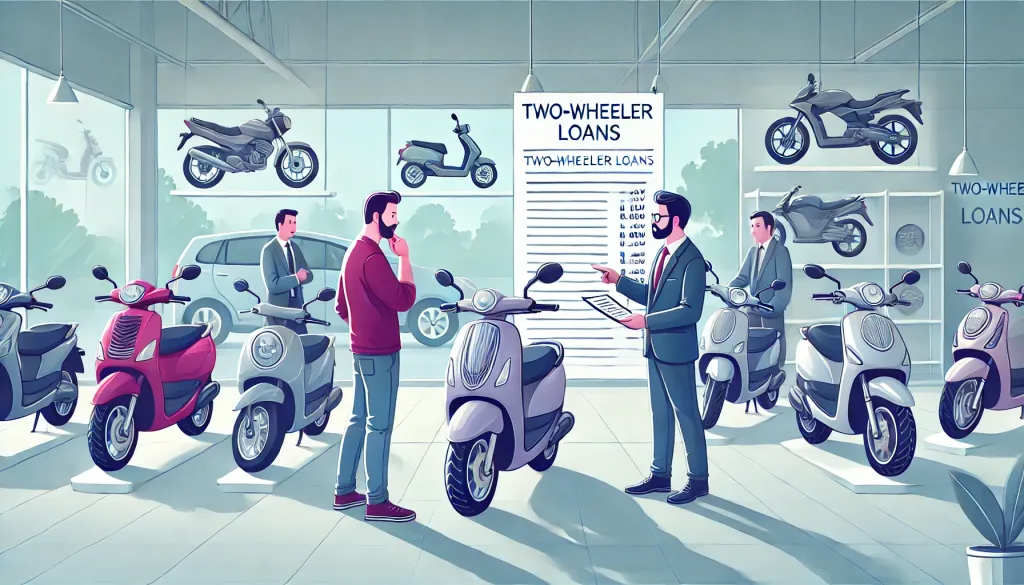Quick Overview
Hybrid vehicles act as a bridge to full electrification in India by balancing efficiency, affordability, and infrastructure readiness. Here’s how they
As India moves towards a greener future, hybrid vehicles have emerged as a crucial stepping stone in the country’s transition to full-electric mobility. With challenges such as limited charging infrastructure and high EV costs, hybrids offer a practical solution by combining the best of internal combustion engines (ICE) and electric powertrains. Let’s explore how hybrids play a pivotal role in India’s EV journey.
1. Addressing Charging Infrastructure Challenges
- India currently has only 9,000+ EV charging stations compared to 80,000+ fuel stations.
- Hybrids reduce dependency on charging stations by utilizing regenerative braking and self-charging technology.
- This makes hybrids ideal for regions where EV infrastructure is still developing.
2. Affordability & Cost-Effectiveness
- Fully electric vehicles come with high battery costs, making them expensive.
- Strong hybrids and plug-in hybrids (PHEVs) provide fuel savings while being more affordable than EVs.
- Example: The Toyota Innova Hycross Hybrid delivers up to 23 km/l, offering savings over petrol-powered SUVs.
3. Lower Carbon Footprint Without Range Anxiety
- Hybrids reduce fuel consumption and emissions by up to 30-40% compared to ICE vehicles.
- Unlike pure EVs, hybrids do not require frequent charging, making them more practical for long-distance travel.
- Example: Maruti Grand Vitara Hybrid offers a balance between mileage and reduced emissions.
4. Boosting Consumer Confidence in EV Technology
- Many buyers are skeptical about EV reliability and resale value.
- Hybrids familiarize users with electric propulsion while maintaining a fuel backup.
- This builds trust and eases the transition to fully electric vehicles.
5. Automakers Investing in Hybrid Technology
- Leading brands like Toyota, Honda, Maruti Suzuki, and Hyundai are investing heavily in hybrid models for India.
- Recent launches such as the Honda City e:HEV and Hyundai Tucson Hybrid showcase growing hybrid adoption.
6. Government Policies & Incentives
- While the FAME II scheme primarily focuses on EVs, discussions on hybrid incentives are gaining traction.
- Lower GST (5% for EVs vs. 28% for hybrids) remains a challenge for hybrid adoption.
- However, hybrid-friendly policies could accelerate India’s electrification process.
Conclusion
Hybrids serve as the perfect transition technology, balancing efficiency, affordability, and practicality. As India strengthens its EV infrastructure, hybrids will continue to play a vital role in reducing emissions and preparing the market for full-scale EV adoption.






























